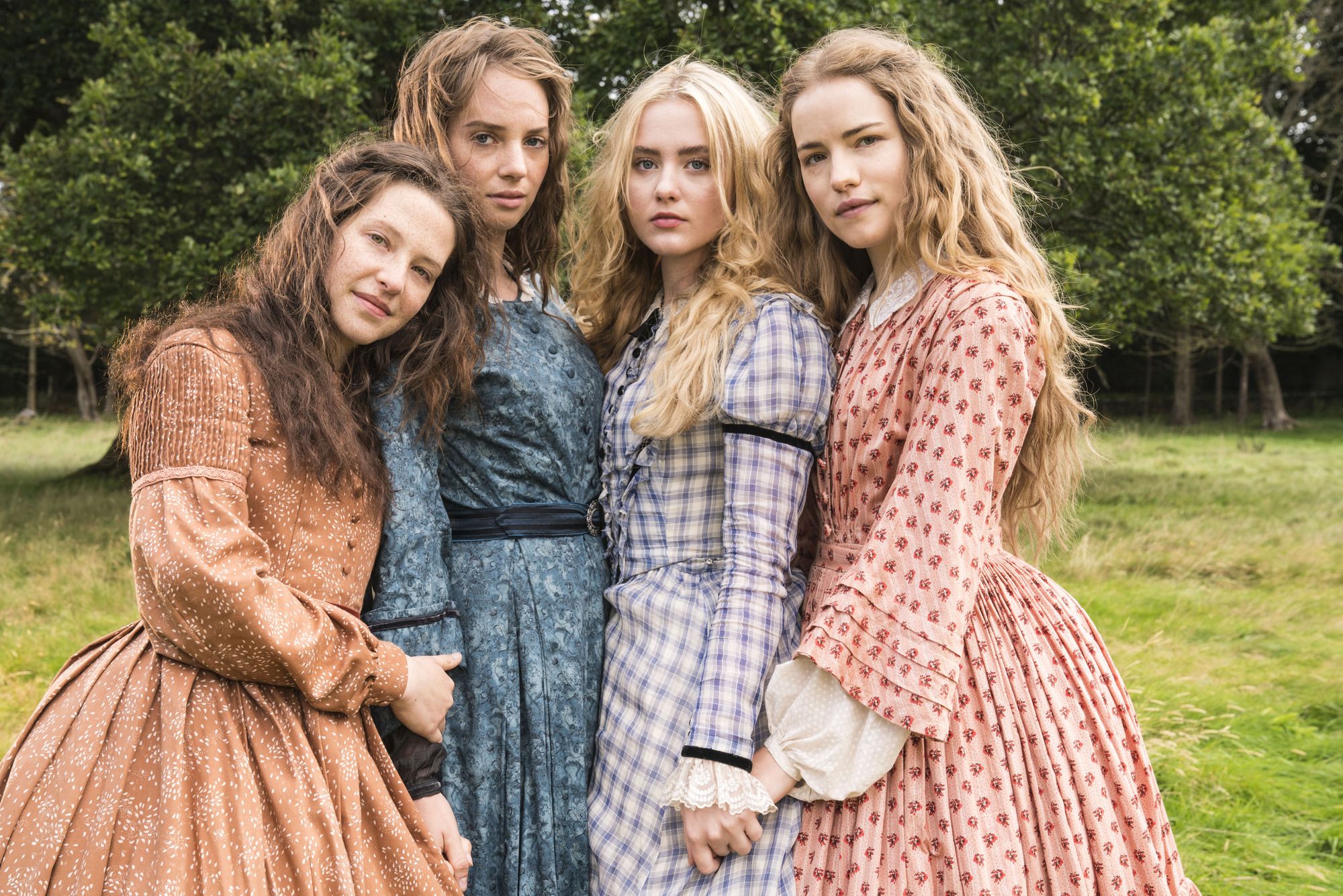Little Women
Alongside Mariah Carey and mince pies, Christmas wouldn’t be Christmas without a lavish period drama and this year the BBC treated us to a three-part adaptation of Louisa May Alcott’s classic novel Little Women, which depicts the trials and tribulations of four very different sisters growing up during the time of the American Civil War. The story follows their journey through adolescence, raised by their beloved ‘Marmee’ while their father is away fighting for the Union Army.
Having read and adored the novel as a child, it will always hold a special place in my heart and thus when I settled down on Boxing Day to watch the first installment of the miniseries, I was dubious. Little Women’s story has always been so vivid in my head that I doubted any TV adaptation could come close to accurately portraying its unique characters and capturing its spirit. However, having just finished watching the final episode, I can wholeheartedly say that the adaptation was anything but disappointing, and provided the perfect opportunity to fall in love with the March sisters’ tale all over again.
The story’s principal character is Jo March (who Alcott based on herself), the tomboyish sister who rebels against societal norms with her disdain for marriage and ambition to become a writer. In this miniseries, Maya Hawke (daughter of Hollywood A-listers Uma Thurman and Ethan Hawke) assumes the role and proves that she shares her parents’ talent, with a spirited performance which would certainly make Alcott proud by clearly exhibiting Jo’s mix of hot-headedness and fierce love for her family.
Numerous stunning shots of sprawling green landscapes are featured and the changing seasons provide a feast for the eyes
Another notable performance comes courtesy of Kathryn Newton, who plays artistic but egocentric Amy, the youngest of the March sisters. She manages to capture the character’s impetuous and often selfish spirit in a lively manner without making her unlikeable – instead adding zest to the programme.
Elegant Meg and painfully introverted Beth are played equally well by Willa Fitzgerald and Annes Elwy respectively, whose performances are still effective despite the subtler nature of their characters’ personalities. The mini-series is also embellished by the performances of big-name actors Emily Watson (who plays the March sisters’ wise and loving mother ‘Marmee’), Michael Gambon (who portrays the family’s wealthy but lonely neighbour Mr Lawrence) and Angela Lansbury (their sassy spinster of an aunt).
The success of a predominantly female cast is utterly appropriate for an adaptation of Little Women. Alcott was a feminist and her novel not only paved the way for a new type of girls’ fiction, but also showed a generation of female readers that women are just as much individuals as men and emphasised strength of female relationships – elements which are perfectly exhibited in the series, with the love and loyalty between the sisters shown throughout.
The BBC’s adaptation of Little Women encapsulated the charm and essence of the March sisters’ stories beautifully
The miniseries was penned by Heidi Thomas, the writer behind Call the Midwife, who remained loyal to Alcott’s original plot and incorporated memorable scenes such as Jo accidentally scorching Meg’s hair instead of curling it and Amy burning Jo’s manuscript. In doing so, Thomas succeeded in capturing Little Women’s nostalgic charm. However, the adaptation avoided being saccharine thanks to its realistic portrayal of the effects of war and its heart-wrenching presentation of Beth’s suffering at the hands of scarlet fever.
This adaptation of Little Women also proves visually spectacular. Numerous stunning shots of sprawling green landscapes are featured and the changing seasons provide a feast for the eyes, with blankets of snow coating the March family home during winter and a bright sunlight bathing the summer scenes in a buttery glow. Not forgetting the often-spectacular outfits worn by the sisters, each reflecting the characters’ differing personalities and inciting the lust for the sort of clothes that can unfortunately not be found in the ASOS sale.
In the final episode, Jo remarks that ‘our house is full of stories, lives unfolding, wings waiting to take flight’ and the BBC’s adaptation of Little Women encapsulated the charm and essence of the March sisters’ stories beautifully. It’s a TV treat that has allowed me to re-experience Alcott’s enthralling and poignant tale and one that I hope will inspire a new legion of Little Women fans.

Comments